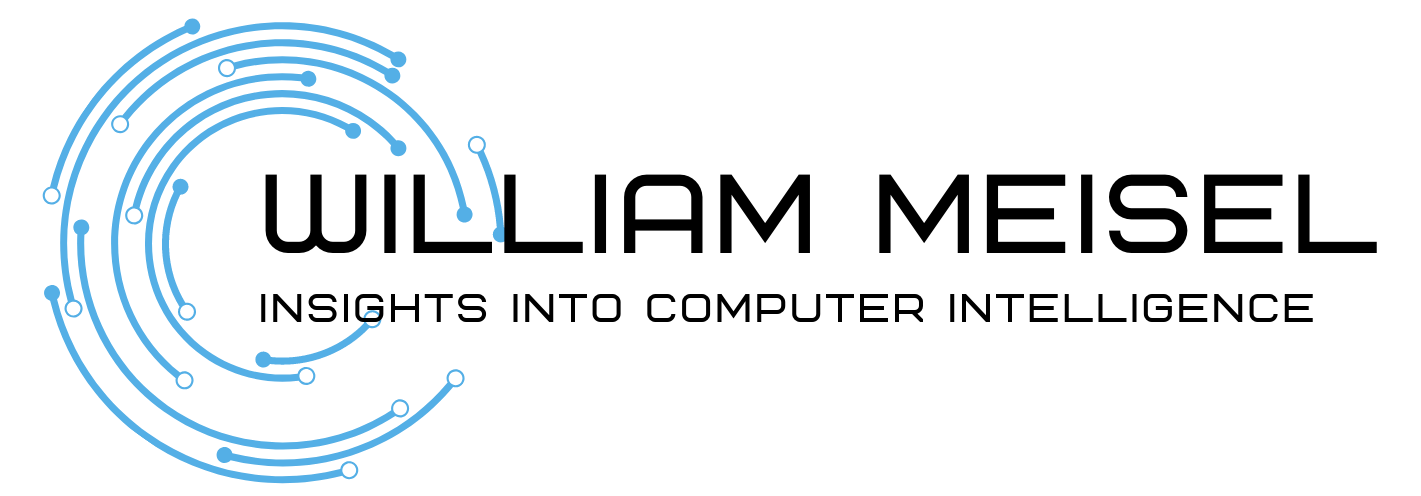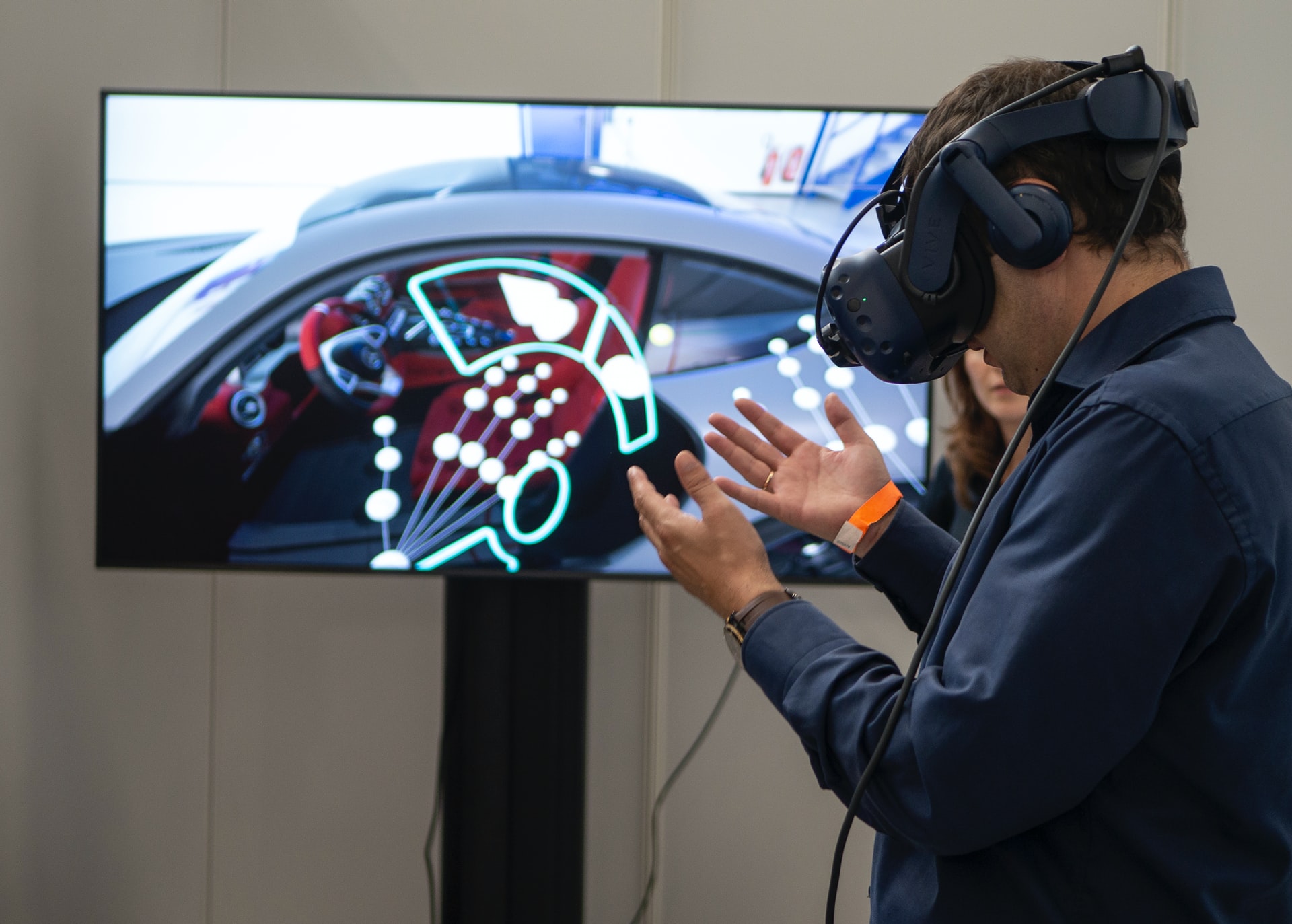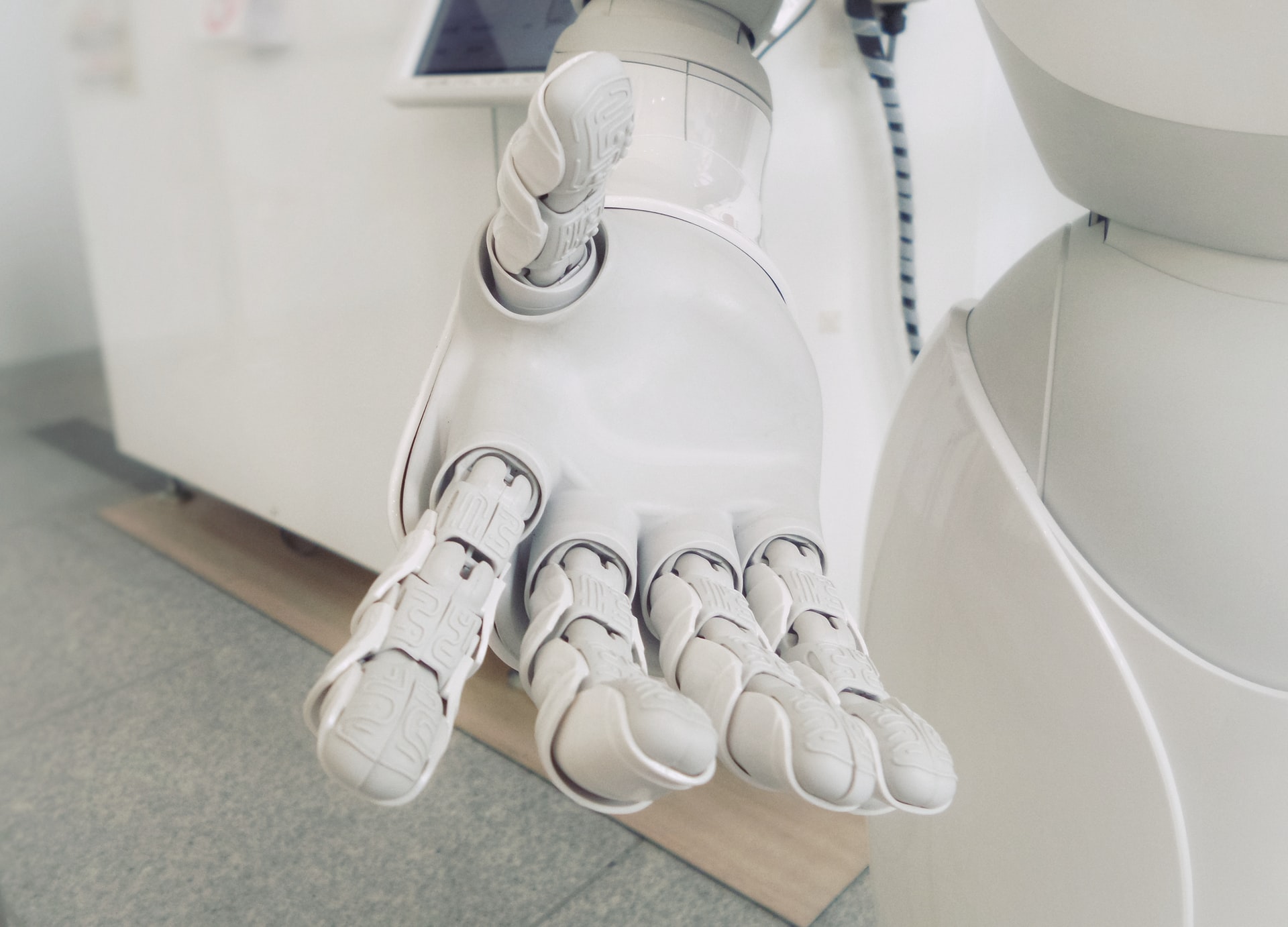
Early computer technology consisted of paper theories, unsuccessful hardware, or expensive demonstrations of feasibility. Today, the technology is everywhere.
The growth was driven by the increasing speed and memory capacity of digital systems and the communication systems that connect them. As that core power expanded, the applications it could support grew in impact. Artificial Intelligence is a category that has recently become practical and even led to concern over how much power computers may eventually have over human society.
The combination of computer power and the practical applications it can support with that power can be summarized as Computer Intelligence, the title of a just-published book by William Meisel. Today Computer Intelligence (CI) is a constant part of our lives, built into most things and services we use today. The Internet and Web – driven by web search, email, and text messages – are an essential part of our life. Smartphones allow that computer power to be taken with us everywhere.
CI drives businesses. Computers and software are essential to their operations. The efficiency CI provides drives economic productivity. It can quickly create new services and products we didn’t know we needed.
Warfare is changing as autonomous systems reduce dependence on soldiers. Cyberwarfare allows deniable attacks over the Internet, some causing economic or physical harm and others simply delivering overwhelming propaganda to bury truth.
Meisel’s book – Computer Intelligence: With Us or Against Us? – discusses the history of CI, its impact today, and its growing importance in the future. CI has grown in power exponentially, with the number of transistors on a chip doubling every two years and other factors that are today even accelerating that impact. Unlike major technologies that have impacted human lives in the past that required slow development of infrastructure (e.g., automobiles and electricity), there is little slowing the delivery of this increasing power.
That increasing power can improve society and the economy. But that power also can be difficult to control as it grows at an increasing rate. Some fear AI will automate too many jobs and create an economic and human crisis. Our dependence on CI is emphasized by the disruption caused by hacking and the potential for cyberwarfare attacks on our infrastructure. It’s relatively inexpensive to propagate huge volumes of misinformation that overwhelm truth.
Computer Intelligence provides insights into what CI is and how it impacts our world at a level that is accessible to the layman, but without misleading over-simplification. Problems are discussed in depth, and innovative solutions proposed.
Early reviews were all 5-star reviews. Excerpts from the five reviews indicate that the goal of providing accessibility and insights was achieved:
“Whilst the current buzz around advances in Artificial Intelligence continues to dominate the mainstream news, this instructional volume encourages us to look beyond AI to the wider frame of CI: the combination of the power of the computer itself, and the sophisticated software that results from that power. In this in-depth examination, Meisel takes readers through the history and development of CI, unveiling its true power and current capacity, and then goes on to discuss the developments beyond the current crucial ‘tipping point’ as we go forward into the future. One of the most impressive things about this highly technical guide is the ease of access with which author William Meisel presents his information to readers. The narrative style is clear and concise, never burdening readers with too many terms at once, and making asides to explain them fully.”
“In his no-nonsense book, Computer Intelligence, William Meisel shows that artificial intelligence is a useful tool rather than a threat. Meisel collects information about the past, the present, and the future of technology and explains that it expands human abilities instead of replacing them. Computer Intelligence tackles every topic that can interest the reader, including the influence of technology on the economy and if it is true that in the long run there will not be enough jobs for everyone; regulation and privacy; addiction; and also cyberattacks and hacking as new forms of war…I recommend Computer Intelligence to anyone who wants to know more about technology and its impact on our lives in the future.”
“The author artfully carves and creates a debate that focuses on the fact that Computer Intelligence can be a foe or a friend. We decide what we want it to be. I enjoyed how the author gave facts not opinions on how it is affecting our lives at the moment…The author uses simple language to describe some very difficult technologies on a level that is understandable by all. More than that, he ensures that the reader is able to digest the information and make something of it. I enjoyed how strong the arguments were, how these were not just speculation but arguments with facts. This is a great book for people who enjoy reading up on material that will add to their knowledge.”
“Computer Intelligence uses detailed facts and statistics to help you gain a complete understanding of every side that computer technology has to offer society and daily life…William Meisel has a well-organized style with thorough details and an honest voice. Computer Intelligence is the perfect resource for those seeking a deeper understanding of the technology in their lives…Meisel honestly details the darker side of CI usage through the internet with examples including YouTube, fake accounts and hate speech on Facebook, cyberattacks, and overloading on screen time. Computer Intelligence is an eye-opening and educational read that details the history and impact of computer technology on healthcare, jobs, and social media.”
“Computer Intelligence: With Us or Against Us? by William Meisel is a non-fiction book that offers a thoroughly contextual understanding of computer intelligence, its history and its evolution, how its tools and techniques are used for artificial intelligence (deep learning, neural networks, machine learning, and algorithms), a critical examination of computer intelligence, and an informed future trajectory analysis. Meisel digs even deeper on the global impact and all its facets as well as the impact it has on society as a whole, serving up a comprehensive guide for individuals who have both a full understanding on the topic and also acting as a meticulous resource for those who have little to no understanding at all…the chapter titled “Are AI Dangers Real” is one that I admit I jumped to first (sorry). Overall this is an excellent, timely book that, frankly, should be mandatory reading for high school and college students who are studying both in and outside of the field.”
Computer Intelligence is both informative and entertaining. It removes the veil of inscrutability that has often characterized discussions of this key trend.




